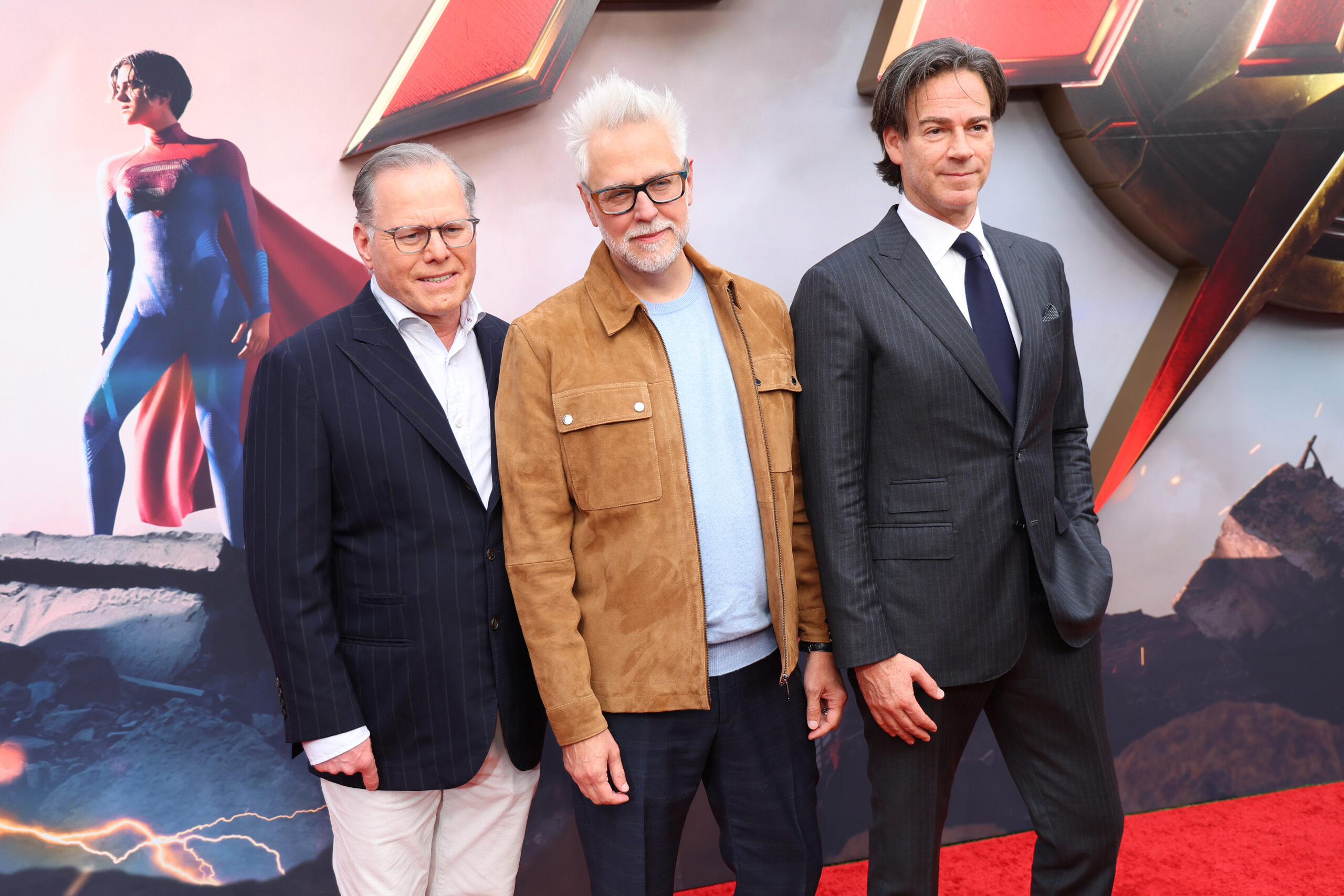Germany and Its Future Role in Europe
The War in Ukraine was a historic event.
Future historians will write the story of what is epochal.
It is evident, however, that there has been a significant historical break.
Germany’s leading role in Europe is being seriously questioned and challenged. Germany’s dependence on China markets and Russian capital and energy has severely undermined significant pillars of their economy and their leadership role in Europe.
The inability of Germany, as a leader in Europe, to seriously consider defense and security in its own definition and leadership roles in Europe also undermines this role.
To get a sense of the shift in Europe affecting Germany’s role, I sought out my friend and colleague Andrew Denison, the Director of Transatlantic Networks, which is a think tank based in Germany with focus on political education and consultancy.
We started with the Chancellor’s declaration of intent to shift German defense policy dramatically in February which has been followed by serious foot dragging since then on actually doing much. Recent firing of his defense minister is a sign of the slow progress.
Denison: “The Chancellor panicked when he saw the twin pressures of a probable Russian victory in Ukraine and a possible repeat of Biden’s Afghan fiasco in Europe, i.e., that the Americans would not respond forcefully. When the Russians failed to win decisively and Biden aided Ukraine and armed them for the fight, Germany could stand down and slack off on pursuing the changes the Chancellor outlined in his February speech. When it comes to confronting Russia, Germany is back to putting its foot on the brake as opposed to on the gas.”
In other words, Russian failure and American engagement made it possible for Germany to return to its comfort zone: the Americans take responsibility for German defense and Germany does not have to confront Russia (or China) – can even make money on Russia (and China). In, the Chancellor. Foreign AffairsThis make-money-not war strategy was demonstrated by, who had an ambitious title, but it was not realistic. “The Global Zeitenwende – How to Avoid a New Cold War in a Multipolar Era.”
Germany is back to its risk-free, free-riding ways but Europe has made huge strides.
As Denison put it: “the geographical locus of Europe has shifted East as security has become a more urgent part of the European agenda and as the United States has re-engaged (however temporarily) in Europa with a military buildup the likes of which has not been seen since the late 1970s and early 1980s. Even Kissinger is calling for Ukrainian membership in NATO. That shift also reflects a growing European recognition of the need to counter not just Russian, but Chinese influence in Central Asia. The battle for Ukraine is also about deterring an attack on Taiwan. The notion that there is not the Pacific and the Atlantic, but the Eurasian, that is, a unitary front, is gaining ground in Germany. It partially resolves the ancient European fear of a US ´pivot to Asia´.”
Denison asked “How can Germany lead the countries of Europe if it does not have the capacity or the inclination to lead on European security and defense (whether in the EU or in NATO). In a new era of forward defense rooted in mobility, dispersion, air superiority and information dominance combined with a greater focus on civil defense and public-private partnerships for societal resilience, Germany now risks falling increasingly behind. Poland could soon have more capable military than the Bundeswehr.”
Scholz´s February speech was welcomed in Europe, but without a shift in German strategy, Germany´s influence in Europe will continue to decline. Germany´s strategic culture remains risk-averse, preferring compromise to confrontation. German leaders don’t care about mobilizing society in order to confront Russia, Iran, Turkey or any other troublemakers.
The situation is quite different in Poland and the Baltic Republics.
Denison described a trip with German officers to the Baltic Republics to visit German troops participating in NATO´s Enhanced Forward Presence. The troops were first rate; but the disconnect between the Baltic states´ sense of resilience necessary to defend their societies and that of the Germans remains significant.
Germany must regain its leadership ability if it is to be successful.
Denison with me discussed the broad range of methods to accomplish this that could be called civil defense or resilient infrastructure.
There is much more to be done so Germany isn’t just a donut hole in European defense.
The challenge lies in building resilient infrastructures, and imagining a future that is sustainable for energy.
This will not suffice.
Denison stressed the pivot Germany must make. “Germany´s military policy in Europe needs to focus less on France and more on the intermarium region from the Nordic countries, to the Balts, Poland, and the belt of states along the Black Sea including Ukraine – if Berlin wishes to retain its leadership role in Europe. So far it is failing to do so.”
My view is that German expectations about what the United States will do in Europe are wrong.
The Pacific is experiencing a shift and the United States faces serious cultural and economic challenges regarding its future military. Germany’s refusal to accept its roles and responsibilities for the defense of Europe is likely to accelerate its own decline within Europe.
Photo: Featured graphic 132730210 © Butenkow | Dreamstime.com
Also see the following:
Key Elements in Crafting and Building Out a Forward Defense for Germany
" Conservative News Daily does not always share or support the views and opinions expressed here; they are just those of the writer."






